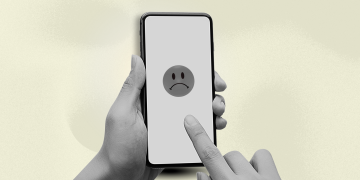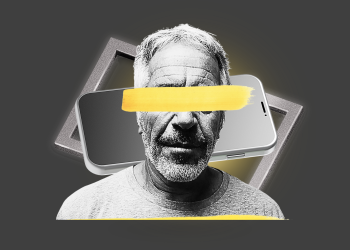Influencer marketing is no longer just about likes and shares—it’s a powerful business engine transforming how brands connect with audiences and drive growth. As we enter 2025, the industry is poised for groundbreaking shifts, fueled by creativity, innovation, and the ever-expanding role of creators as business partners. This isn’t just marketing; it’s a reimagining of how influence shapes strategy, community, and commerce.
Let’s explore the five trends that will set the stage for the next evolution in influencer marketing:
Creators as brand architects
The era of creators simply endorsing products is over. In 2025, influencers will be at the table, shaping product strategies, forecasting trends, and even driving event ideation. By collaborating with creators on a deeper level, brands can harness their expertise and authentic voice to co-create products that resonate and sell.
Linkedin: The new consumer playground
Once reserved for business deals and networking, LinkedIn is rapidly emerging as a key platform for consumer-focused campaigns. Its engaged professional audience offers a unique advantage for brands seeking targeted exposure, making it a rising star in influencer strategies for both B2C and B2B hybrid.
AI hype again
Artificial intelligence is revolutionizing how brands connect with influencers. By analyzing engagement trends, audience demographics, and follower authenticity. This data-driven approach not only improves campaign targeting but also provides real-time analytics to optimize performance.
Transparency and ethical compliance
With increasing scrutiny on sponsored content, transparency will be non-negotiable in 2025. Brands and influencers alike will focus on clear communication, ethical partnerships, and compliance with advertising regulations. This commitment to authenticity builds trust with audiences and strengthens brand credibility in a competitive market.
Virtual influencers
Virtual influencers—computer-generated personas—are becoming key players in social media marketing. Offering creative flexibility and reduced risk, these AI-driven characters resonate particularly with younger audiences familiar with digital avatars. Virtual influencers allow brands to explore unique storytelling opportunities and deliver consistent messaging without the unpredictability of real-world influencers.















